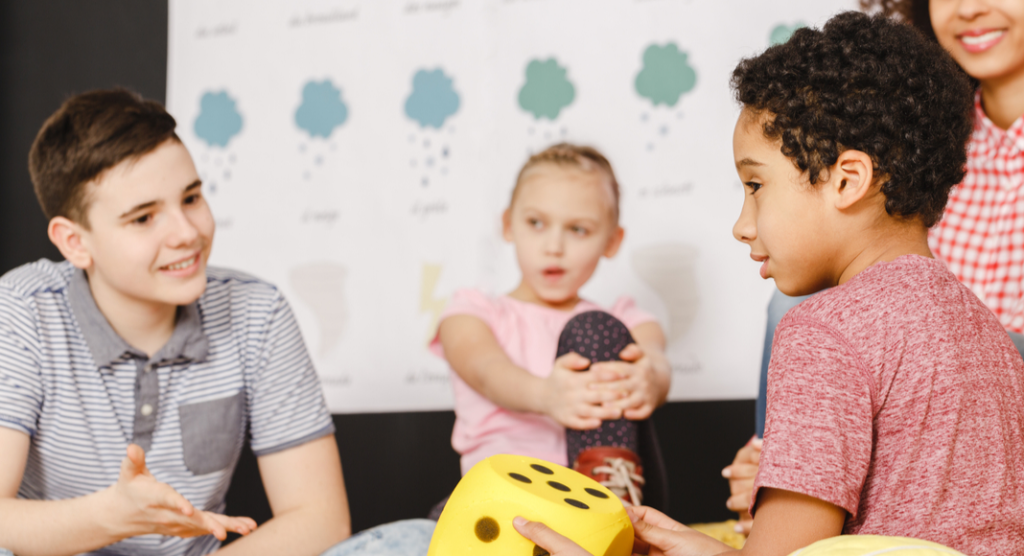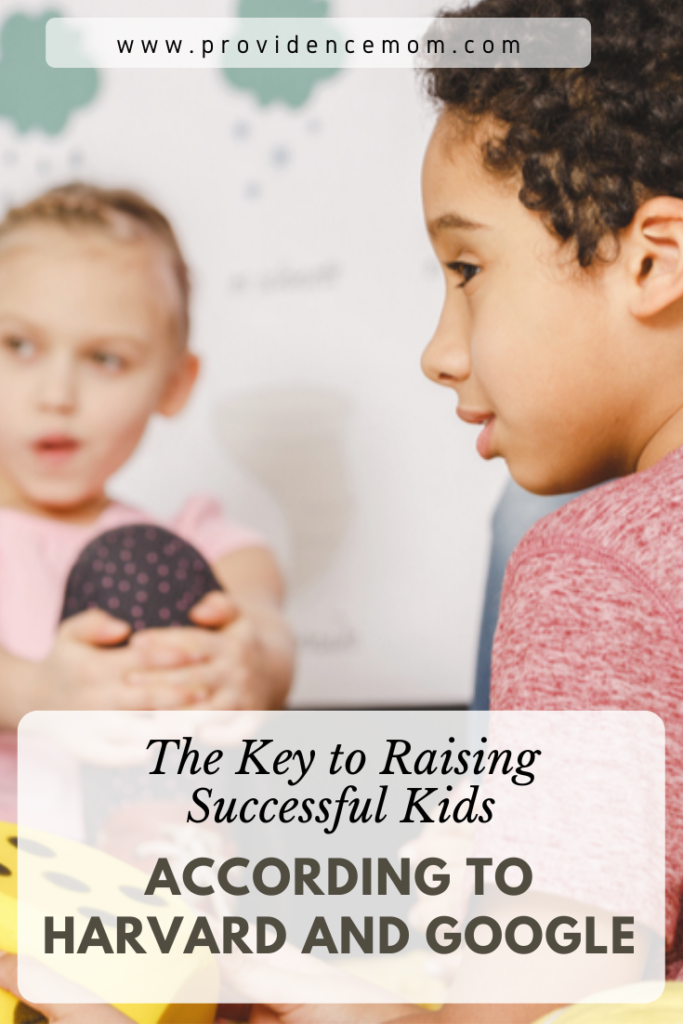This post on promoting soft skills, written by Dr. Courtney Bolton, is brought to you thanks to our partnership with Weldon – a service we are thrilled be able to promote to our readers. Please follow them on Facebook and Instagram for more parenting insights

When I meet with parents, one of the first questions I ask of them is what they ultimately want for their child. I want them to earnestly hold that question in their heads while I am giving a talk or meeting with them one-on-one. I do this because, for most parents, they genuinely want their child to be happy and content – that’s how they will know they succeeded as parents. What we know from research is that belonging is essential to happiness. A study out of Harvard University revealed that nearly 81% of students believed their parents wanted them to be accomplished and happy, but focused on very different qualities. Friendship and relationships – not achievement and self-indulgence – lead to longer, happier, more productive lives according to a separate Harvard study. So, how does this divide come into being?
Chances are if you want your child to be successful and prepared for the tech-enabled job landscape of the future, you are probably enrolling them in after school robotics camps, teaching pre-coding skills, and preparing them for higher-level STEM courses. As parents, we are emphasizing the wrong areas. Yes – good grades and STEM skills are important, but when it comes to being happy, teaching children how to make and sustain deep friendships, support one another, value diverse opinions, and get along with others is much more critical.
What Do Our Children Need to Be Happy?
According to the results from Project Oxygen, a study by Google, parents should be focused on fostering a different skill set for children. Wanting to identify what top qualities are necessary to become a top manager, an internal team created an algorithm to comb through data on hiring, promotions, job turnover, employee satisfaction, and other key performance indicators. This resulted in a list of traits held by the most qualified and valuable Google employees. To the surprise of many, STEM skills took very last place.
The coveted characteristics were all ‘soft skills’ or interpersonal skills that predicted success. This seminal workplace study has translated into HR teams overhauling interviews and business articles touting the ‘7 Must-Have Skills’ for career success. Universities have even identified the need for intentional teaching in these areas, but isn’t graduate school too late to learn these critical skills? Learning these soft skills begins in childhood and can have a significant impact on our children’s happiness and success in their daily work at school. So, why don’t we focus more on this as parents?
First, let’s look at some of the top soft skills for success:
- Being a good coach
- Empowering others
- Communicating and listening well
- Goals-driven
- Perspective-taking and valuing different points of view
- Being empathic and supportive
- Critical thinking and problem-solving skills
How Can We Encourage These Soft Skills In Our Children?
It may be easy to see on the surface why a team would value these in the workplace, but how do they translate to school? How do parents and teachers help build these characteristics? The first three skills can only develop in community or relationship with one another – so, finding a network of friends for your child is critical. We know that friendships are built on common interests. If your child doesn’t have a great network or friend pool, then look into offline activities where he or she can connect with peers around a hobby, sport, or activity. Online communities are not a replacement for real-life connections. You may need to be creative if you have limited options, but these skills can only be learned in offline relationships.
Once your child finds an accepting friend group, you can coach him on being a good sport, supporting his friends, and how to actively listen and share feedback. Often, we need to explicitly teach our children to be good winners and good losers when playing games with one another. When our kids lose games, miss a shot or goal, or come in last in a sport, they need to learn to be supportive of friends who came out to play with them and did better. The same rule applies when our kids make the shot, score the goal, and win – being a good winner is just as important. These skills are the foundation of how we interact as a team later on, and as commonplace as they may seem, they have a profound impact on our friendships and peer acceptance. Think about the reasons you spend time with the people you do – do they listen well, support you, have similar interests? These are the skills we need to foster in our children. One of the most important is the ability to take someone else’s perspective.
Parents can also use perspective-taking exercises to teach kids how to think about others and build empathy. As we think about developing perspective-taking skills, we want to link our children’s actions with consequences – so, after an exchange that goes well or maybe doesn’t, ask your child these questions:
“What was that like for your friends?”
“What do you think their impression of you is (based on that one event)?”
“Do you think they would want to hang out with you again (based on that experience)?”
If the answer is ‘no,’ then ask one more follow up question:
“What is something you can do differently next time?”
This line of questioning accomplishes two goals – 1) it helps children understand actions from another person’s perspective and, 2) it empowers them to see that their actions have consequences but that they have the power to change those interactions by engaging in the practice of critical thinking and problem solving (see skill #7 above).
We want our kids to learn from failure, not shut down and withdraw. So, it’s crucial that as parents, we offer them a chance to learn from their social missteps. Remember to be supportive but try not to rescue them from any mistakes; validate their feelings, and praise their effort along the way. The second Harvard study noted that close relationships above anything else are what keep us joyful, young, and happy throughout our lives, and Project Oxygen highlights some of these powerful interpersonal skills we should be developing to ensure we develop those relationships along the way.
Stay tuned for more about Soft Skills in the next installment from Weldon.
Who is Weldon for?
Parents of children 1-12 years old that are looking to receive guidance and advice on everyday parenting questions, promote their child’s healthy development and expand their parenting skills.
Who are the Weldon Pros?
Weldon Pros are child development professionals – school psychologists, behaviorists, counselors, and educators. They are licensed in their field and hold either a Masters or Doctorate degree. Additionally, they have 10+ years of experience working with children and families.
What do you talk about with your Weldon Pro?
Sessions are personalized for each parent but some examples include:
- Grit, Resiliency, and Perseverance
- Screen Time
- Promoting Life Balance
- Social and Emotional Well-Being (mindfulness, stress, anxiety, mood)
- Discipline / Behaviors / Communication
- Sleeping and Eating
- Social Skills / Bullying
- Grief and Loss
Click Here to learn more about Weldon











